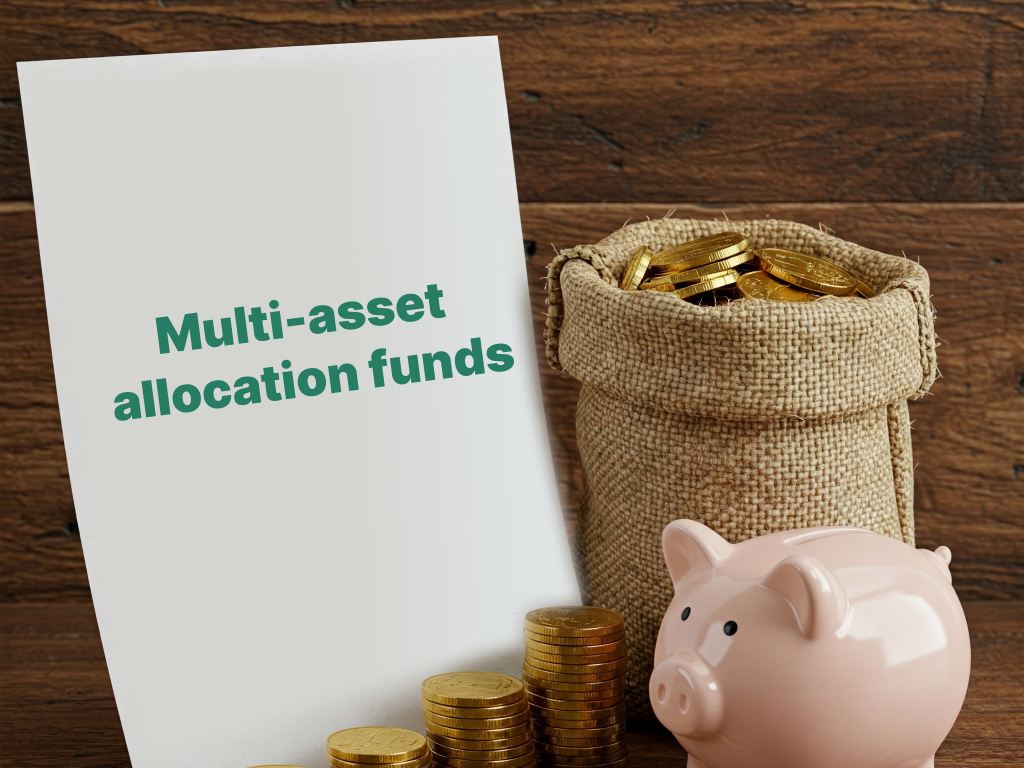Budget 2024 - Few Key Highlights and Updates

The Finance Minister presented the Union Budget 2024 on July 23 2024. Here are a few key highlights and updates from the Budget.
Budget Theme:
This budget focuses particularly on employment, skilling, MSMEs, and the middle class. This year a provision is made of ₹1.48 lakh crore for education, employment and skilling.
Budget Priorities:
The budget envisages sustained efforts on the following 9 priorities for generating ample opportunities for all.
1. Productivity and resilience in Agriculture
2. Employment & Skilling
3. Inclusive Human Resource Development and Social Justice
4. Manufacturing & Services
5. Urban Development
6. Energy Security
7. Infrastructure
8. Innovation, Research & Development
9. Next Generation Reforms
Budget Estimates 2024-25:
The Finance Minister informed that for the year 2024-25, the total receipts other than borrowings and the total expenditure are estimated at ₹32.07 lakh crore and ₹48.21 lakh crore respectively. The net tax receipts are estimated at ₹25.83 lakh crore and the fiscal deficit is estimated at 4.9 percent of GDP.
Few Key Highlights from the Budget 2024:
1. Amendments relating to direct tax:
Budget 2023 introduced the new tax regime as the default regime for filing of income tax returns, while allowing people to continue with the option to choose the old regime as well. Following was the tax slab under the new tax regime in 2023:
Substantial relief is proposed under the new tax regime in 2024 with revised tax rate slabs as under:
- Standard deduction: Standard deduction to salaried employees is proposed to be increased from ₹50,000/- to ₹75,000/- under the new tax regime.
- Family pension deduction: Deduction on family pension is proposed to be increased to ₹25,000/- from ₹15,000/- under the new tax regime.
- Non-government employer contribution to New Pension scheme: It is proposed to increase the amount of deduction allowed to an employer in respect of his contribution to a pension scheme referred to under Section 80CCD of the Income-tax Act, 1961, from the extent of 10% to the extent of 14% of the basic salary of the employee. Further, a non-government employee in the new tax regime shall be allowed deduction of an amount not exceeding 14% of the employee’s salary in place of 10%.
- Apart from giving relief to four crore salaried individuals and pensioners of the country in the direct taxes, Union Budget 2024-25 seeks to comprehensively review the Income-tax Act, 1961. The purpose is to make the act concise, lucid, easy to read and understand. It is proposed to be completed in six months.
2. Simplification and Rationalisation of Capital Gain Taxes:
- The taxation of capital gains is proposed to be rationalized and simplified.
- Short term capital gains (STCG) on specified financial assets shall henceforth attract a tax rate of 20 per cent instead of 15 per cent, while that on all other financial assets and non-financial assets shall continue to attract the applicable tax rate.
- Long term capital gains (LTCG) on all financial and non-financial assets, on the other hand, will attract a tax rate of 12.5 per cent. For the benefit of the lower and middle-income classes, it is proposed to increase the limit of exemption of capital gains on certain financial assets from ₹ 1 lakh to ₹ 1.25 lakh per year.
- Listed financial assets held for more than a year will be classified as long term, while unlisted financial assets and all non-financial assets will have to be held for at least two years to be classified as long-term.
- These above proposals are stated to be implemented with immediate effect.
3. Customs Duty Rate Changes:
To enhance domestic value addition in gold and precious metal jewelry, it is proposed to reduce customs duties on gold and silver bars to 6 percent from existing 15% and that on platinum, palladium and Iridium to 6.4 percent.
4. Securities transaction tax (STT) rates:
It is proposed to increase the rates of STT on sale of options in securities from 0.0625 percent to 0.1 percent of the option premium, and on sale of futures in securities from 0.0125 percent to 0.02 per cent of the price at which such futures are traded.
5. Angel Tax:
Angel tax was levied on the capital raised via the issue of shares by unlisted companies from an Indian investor if the share price of issued shares is seen in excess of the fair market value of the company. The excess realization was considered as income and was taxed accordingly.
To bolster the Indian start-up ecosystem, boost the entrepreneurial spirit and support innovation, it is proposed to abolish the so-called angel tax for all classes of investors.
Source: Finance Minister’s Speech
Mutual Fund investments are subject to market risks, read all scheme related documents carefully.
Please note that this article or document has been prepared on the basis of publicly available information and other sources believed to be reliable. The information contained in this article or document is for general purposes only and not a complete disclosure of every material fact. It should not be construed as investment advice to any party in any manner. The article does not warrant the completeness or accuracy of the information and disclaims all liabilities, losses and damages arising out of the use of this information. Readers shall be fully liable/responsible for any decision taken on the basis of this article or document.
Published on July 25 2024




